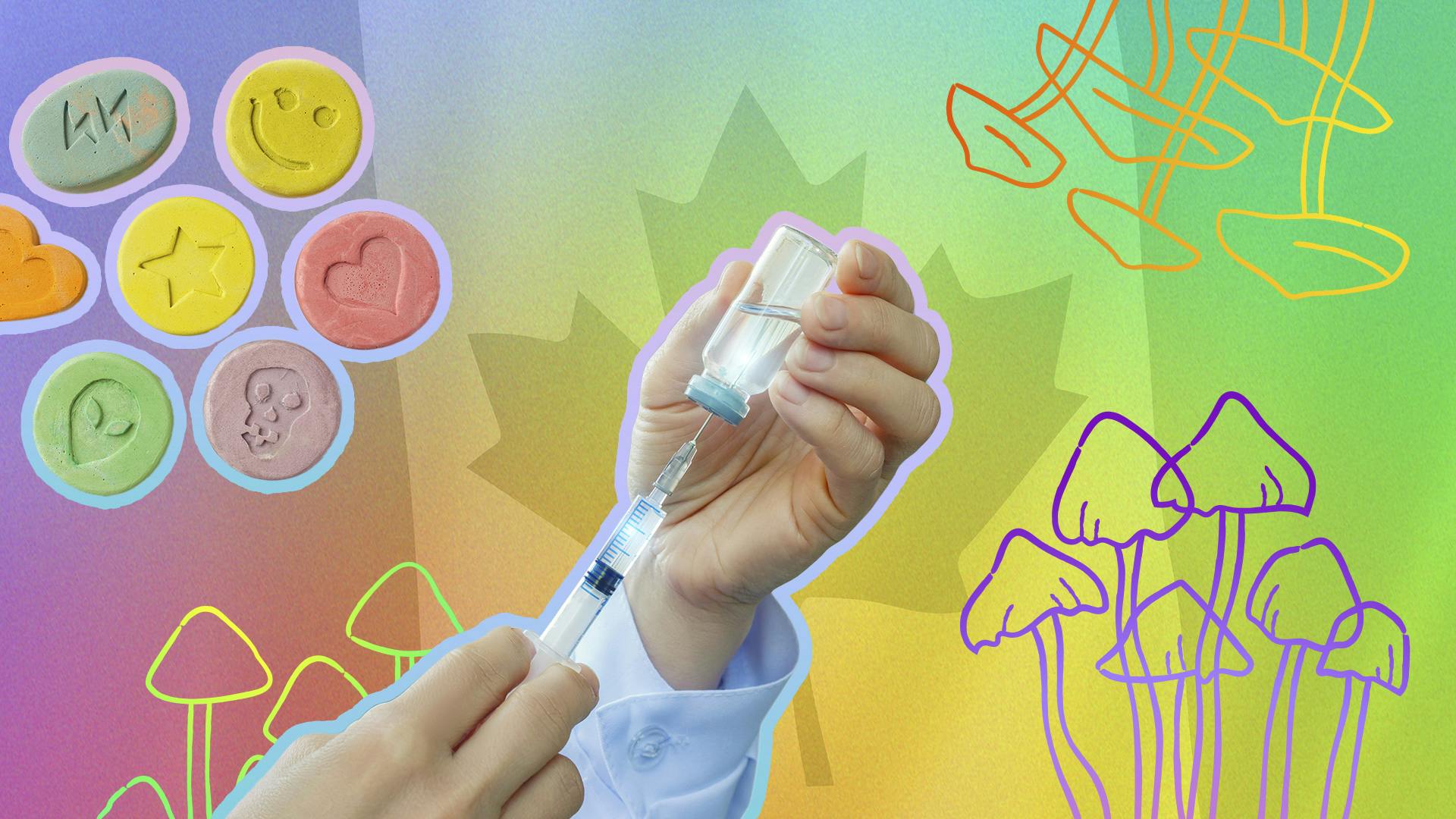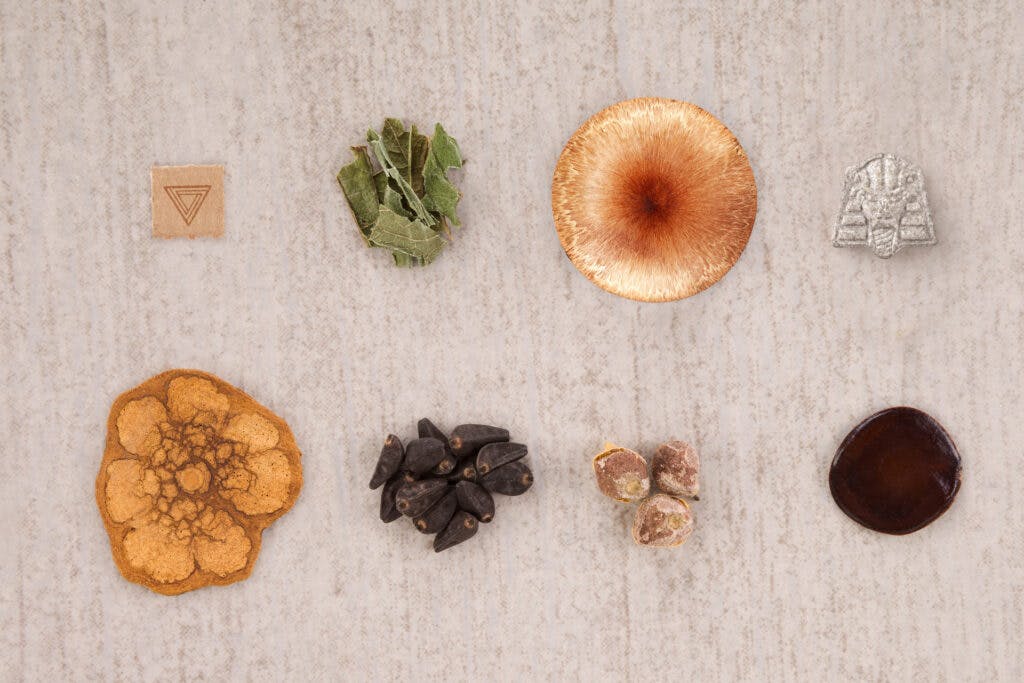
In Canada, psychedelics encompass a range of restricted plants, fungi, and chemicals that are federally regulated as controlled substances by the Controlled Drugs and Substances Act(CDSA). Under the CDSA, each psychedelic is organized into schedules based on perceived harm, on a scale of one to nine, with Schedule I being designated the most harmful for Canadians.
Most psychedelics are listed under Schedule III, with the exception of ketamine and MDMA which fall under Schedule I.
But not all plants containing psychedelics are illegal. And some Schedule I psychedelics are available in fancy private clinics (for a handsome fee), while others in Schedule III have just opened up to qualifying patients under a physician’s care.
A groundswell of Canadian psychedelic companies, bolstered by over $289 million in venture capital, is currently permitted to manufacture psilocin, psilocybin, mescaline, DMT and MDMA with a “dealer’s licence.”
Today, these companies can only sell these substances for research purposes to a small, but growing number of Health Canada-approved studies. So, are psychedelics legal in Canada? Not really. Then again, it depends.
Which psychedelics are legal in Canada?

If you were to roam the streets of Canada in search of psychedelics, these would be your legal, or decriminalized, options:
Ketamine
This fast-acting anesthetic isn’t legal at a party but ketamine has been legal to medical professionals in the U.S. and Canada for over 50 years. There are now multiple private clinics offering ketamine-assisted therapy across Canada with registered medical practitioners.
To qualify as a patient, most clinics require you to have treatment-resistant depression, anxiety or other mental health issues, along with a doctor’s referral. The cost of treatment is in the thousands, but there is at least one publicly funded hospital program that will treat patients for free.
Peyote
The cactus that manufactures the psychedelic substance mescaline is perfectly legal to grow, sell, and consume in Canada—just don’t isolate and extract the mescaline, which is illegal.
This surprising loophole stems from peyote’s use in ceremonies of the Native American Church, a U.S.-based organization with chapters in Canada.
The Canadian government specifically exempts peyote from the CDSA because of its ceremonial use. The San Pedro cactus, which also contains mescaline, is legal for ornamental purposes.
Ibogaine
While possession of ibogaine is technically legal, its sale and distribution are not. This psychoactive compound extracted from the root bark of Tabernanthe iboga, a Central West African shrub, is associated with adverse and even fatal effects. Health Canada has advised the public not to consume ibogaine.
MDMA
While you still can’t legally buy MDMA, starting in January 2023, personal possession of 2.5 grams or less will be temporarily decriminalized in British Columbia as part of a pilot public health program along with a handful of other Schedule I substances. Certain rules still apply, like avoiding schools and airports. This is part of a sweeping Section 56 exemption (see below) on behalf of the province.
Any psychedelic with a Section 56 exemption
If your doctor is participating in research, or you volunteer yourself into a clinical trial, any psychedelic regulated by the CDSA can be approved for use with a Section 56 exemption.
As long as the psychedelic is believed necessary for medical or scientific purposes, or in the public interest, you could find yourself with legally-obtained psilocybin, MDMA, LSD, etc.—as long as you don’t mind being a research subject.
Alternatively, you could join a church: When one Montreal-based church gained a Section 56 exemption under the public interest criteria to serve tea made of ayahuasca, the plant that contains DMT, many more similar churches followed suit across Canada.
Any psychedelic approved through the Special Access Program (SAP)
Prior to January 2022, psychedelics such as psilocybin and MDMA were not permitted through the SAP, which allows doctors to petition for drugs not available for sale. But the 2022 amendment opened the SAP to include applications for psychedelic therapies. Access is only considered for serious or life-threatening conditions where conventional therapies are unsuitable.

